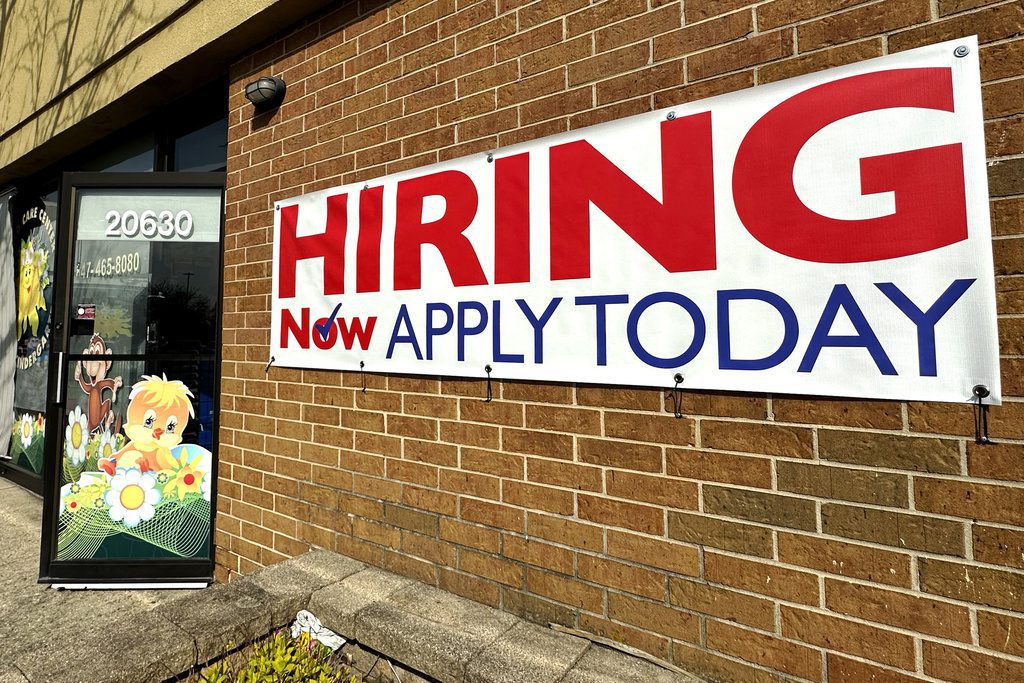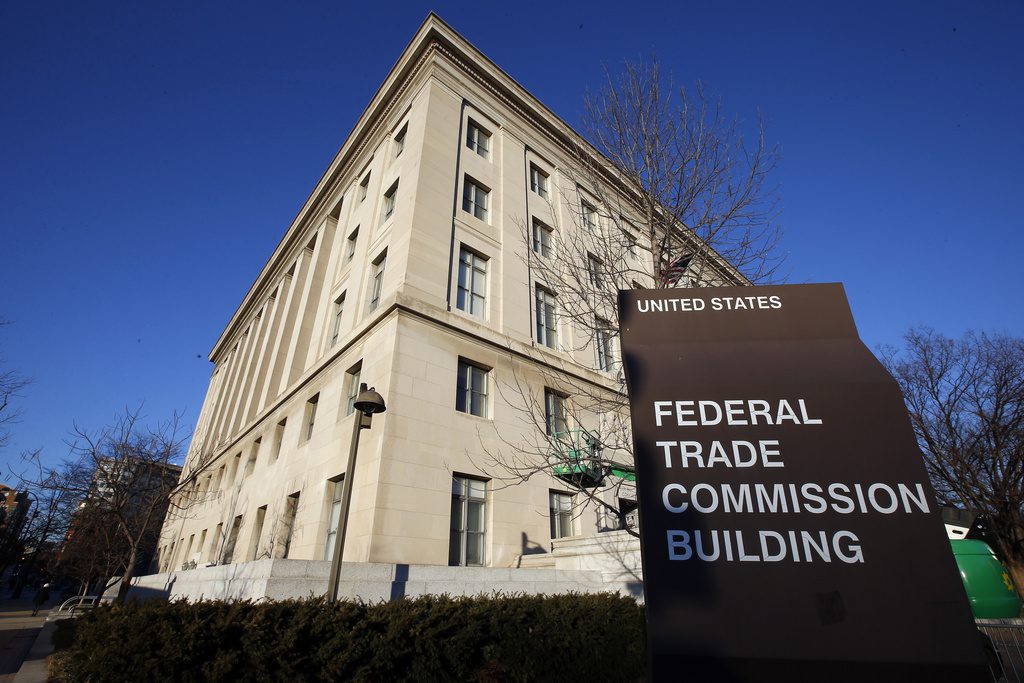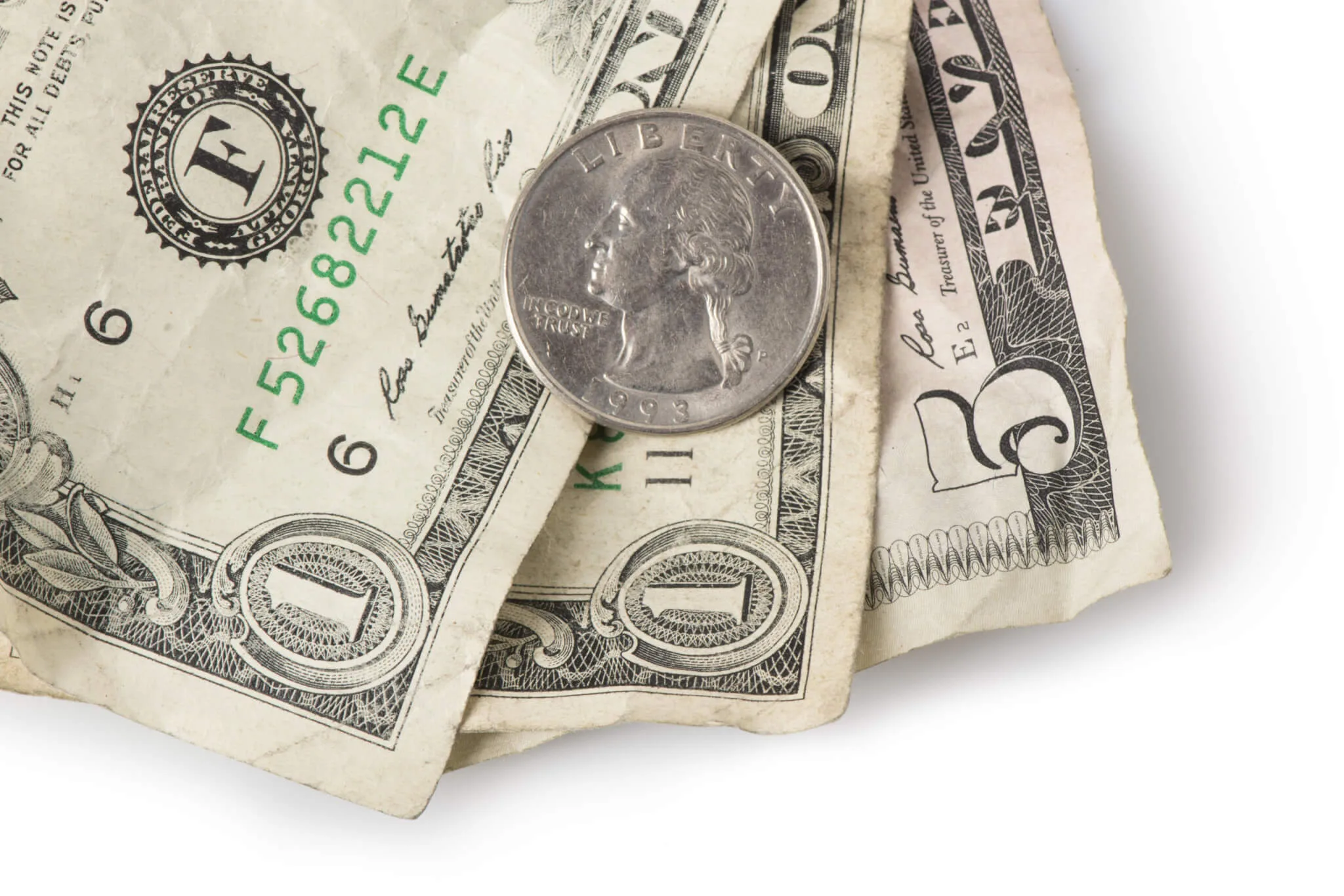
Image via Shutterstock
“We’re seeing people that have previously been ignored, people that are essential to our economy—like grocery store workers and healthcare technicians that make a little bit more than the minimum wage but not enough to get by. We’re now hailing them as heroes.”
Five years prior to the enactment of the first federal minimum wage, President Franklin Delano Roosevelet said, while proposing the idea: “By living wages, I mean more than a bare subsistence level. I mean the wages of a decent living.”
Fast forward to today, more than eight decades later, and the minimum wage is still far from a living wage, leaving individuals and families struggling to make ends meet, even when working full-time jobs. A minimum wage worker working full-time is still unable to afford a two-bedroom apartment anywhere in the country.
In response, 29 states have increased their minimum wage above the federal level—but Pennsylvania is not among them. The rate has remained at $7.25, last raised with the federal rate back in 2009.
As a result, more people are living below and near the poverty level.
According to the Community Action Association of Pennsylvania (CAAP), in 2017, 1.55 million Pennsylvanians were living in poverty, equivalent to 12.5% of the state’s overall population. That included over 20% of disabled Pennsylvanians and 17% of children living in the state.
United For ALICE reports 37% of Pennsylvania households struggle to make ends meet, finding it difficult to pay even just their essential bills.
Part of Gov. Tom Wolf’s pandemic recovery plan includes raising the minimum wage to $12 an hour, and eventually to $15. He also wishes to tie future increases to inflation. Wolf has been consistent in his push to raise the minimum wage, releasing a statement in January noting he was once again calling for an increase, representing the sixth time he had done so up to that point.
RELATED: We Did the Math. It’s Nearly Impossible to Survive on Minimum Wage in Pennsylvania.
“Pennsylvanians shouldn’t earn less than workers in West Virginia, Ohio, or New Jersey for the same job,” he said. “We are a state known for our tremendous work ethic, but when jobs don’t pay enough, people can’t afford basics like food, housing, childcare and transportation. That should be unacceptable to all of us. Hardworking people deserve the dignity of being able to support themselves.”
In April, Rep. Matthew Bradford, a Democrat, attempted to help frontline workers by proposing an amendment to a Republican bill to reopen the economy that, if passed, would have increased the minimum wage for essential workers to $15 an hour. It was voted down along party lines.
That included a “no” vote from Republican Rep. Wendi Thomas (District 178), who had previously told the Bucks County Courier Times she wasn’t opposed to the idea of raising the minimum wage.
House Republican Whip Kerry Benninghoff told fellow Republicans to vote against the measure because “these issues will be taken up in subsequent bills by the legislature,” according to Pennsylvania Capital-Star, without offering any other details.
Wolf ultimately vetoed that bill, along with others seeking to reopen the economy.
A number of Republicans in the state have been vocal in their opposition to raising the minimum wage, including Rep. Andrew Lewis (District 105), who said in a statement in February that Wolf’s plan was tantamount to “artificially inflating wages,” and claimed the proposal could result in lost jobs.
“Artificial wage hikes lead to unintended – and highly undesirable – consequences, such as higher costs for all citizens and employers, as well as elimination of jobs,” he noted.
However, research shows there is no truth behind that familiar conservative talking point.
“There is obviously a strong lobby of folks who pay that wage who would prefer not to pay more and they’re very influential,” Dennis Culhane, a professor of social policy at the School of Social Policy and Practice at the University of Pennsylvania, told The Keystone. “Many of the legislators have made a specious argument that the net effect of jobs will be negative, although that has not been borne out by research.”
“There are some impacts that have been seen, but they’re really quite minor relative to what the gains are; so the bugaboo that raising minimum wage is going to lead to some big loss of jobs is not borne out. Obviously, in the COVID crisis, and the need to get people in to work, people are going to raise those arguments again, but it doesn’t change the fundamental fact that these individuals deserve … to have something closer to a living wage.”
“… the bugaboo that raising minimum wage is going to lead to some big loss of jobs is not borne out.”
Dan Treglia, a postdoctoral fellow at the University of Pennsylvania’s School of Social Policy, told The Keystone he hopes this moment will prove powerful enough to be one of “very few moments to transform social policy … in a meaningful way.”
“We’re seeing people that have previously been ignored, people that are essential to our economy—like grocery store workers and healthcare technicians that make a little bit more than the minimum wage but not enough to get by. We’re now hailing them as heroes,” Treglia pointed out.
“And that’s a good first step, [but] it would be good to see that recognition come with the ability to live comfortably, to be able to afford all of their household’s needs. I think if we keep telling those stories, perhaps policy can catch up to where it should have been a long time ago.”
But in order for that to happen there must be political will, and in the state of Pennsylvania, and elsewhere, that will require Republicans to stop acting as roadblocks to progress.
Politics
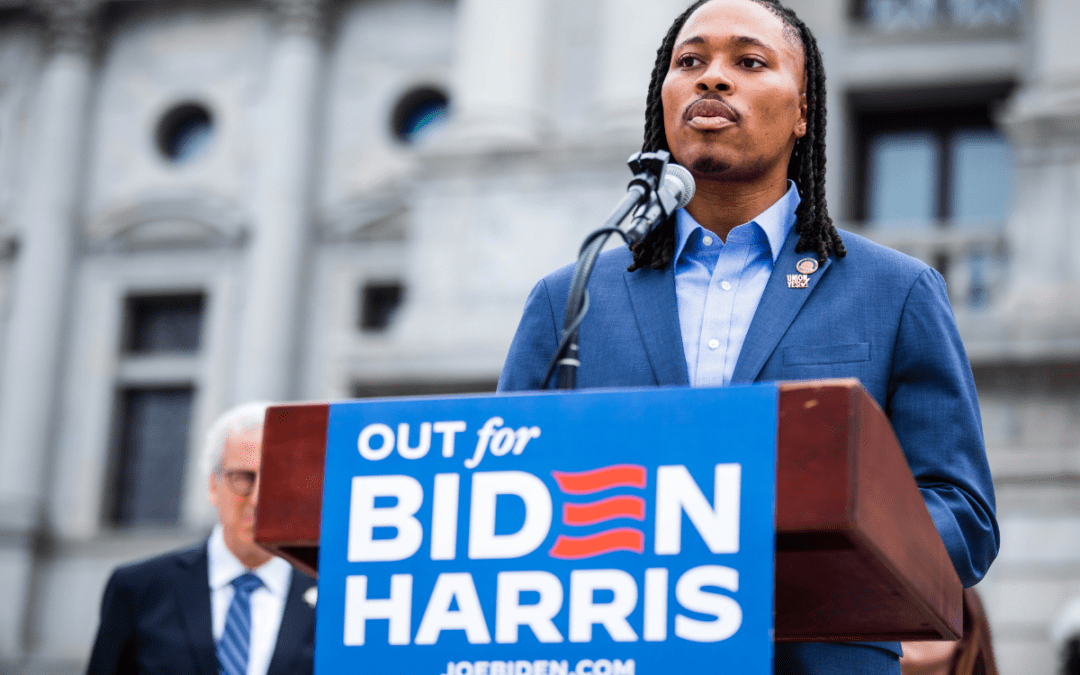
Malcolm Kenyatta makes history after winning primary for Pa. Auditor General
State Rep. Malcolm Kenyatta, who was first elected to the state House in 2018, won the Democratic nomination for Pa. Auditor General and will...

Biden administration bans noncompete clauses for workers
The Federal Trade Commission (FTC) voted on Tuesday to ban noncompete agreements—those pesky clauses that employers often force their workers to...
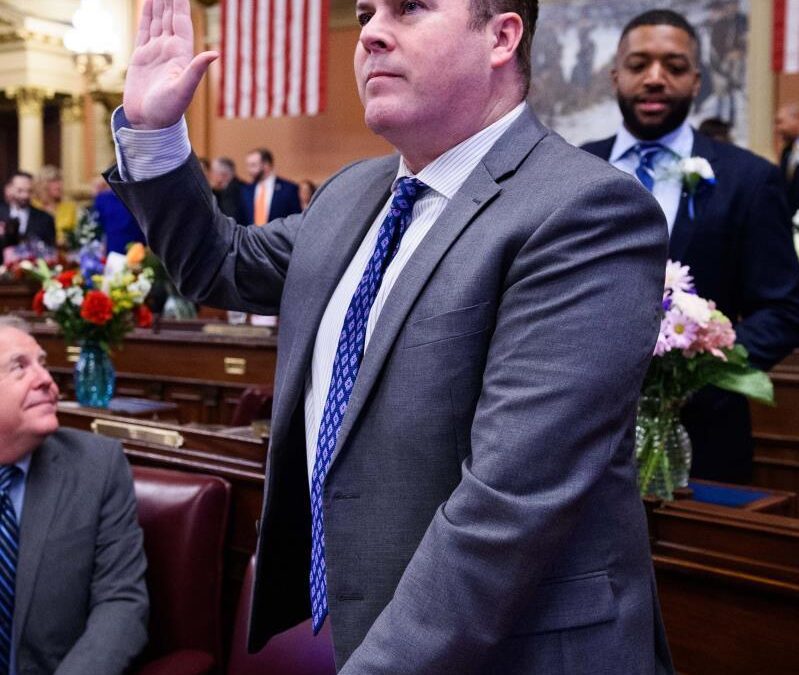
Philadelphia DA cancels arrest warrant for state Rep. Kevin Boyle on eve of Pa. primary
Philadelphia District Attorney Larry Krasner said a detective had sought the warrant against Boyle, a Democrat whose district includes a section of...
Local News
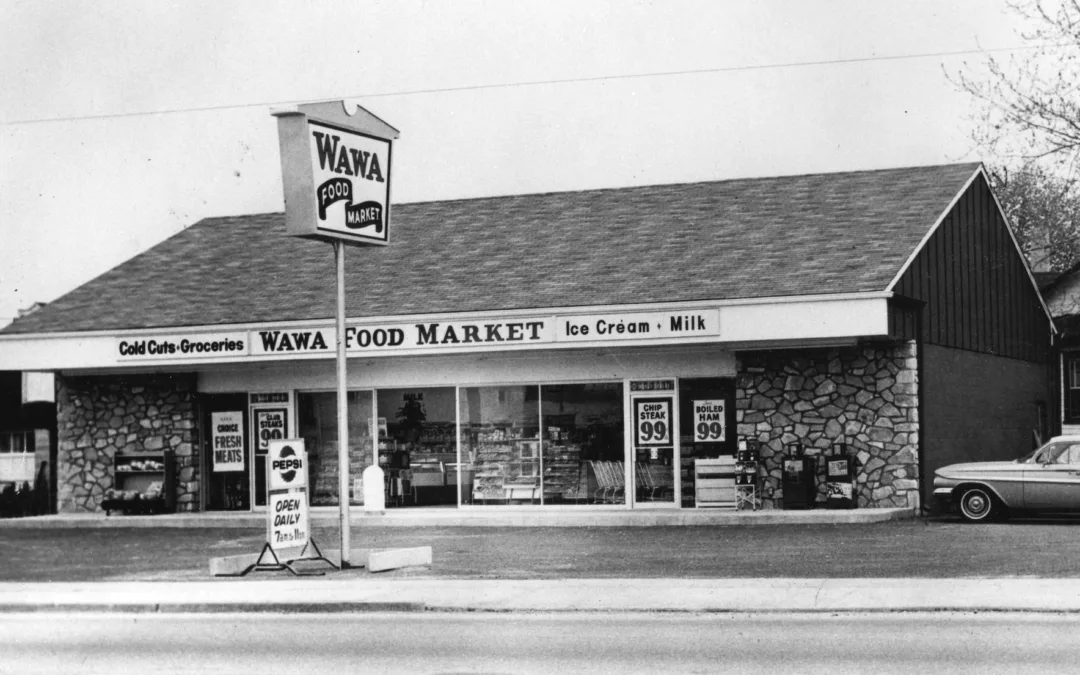
What do you know about Wawa? 7 fun facts about Pennsylvania’s beloved convenience store
Wawa has 60 years of Pennsylvania roots, and today the commonwealth’s largest private company has more than 1,000 locations along the east coast....

Conjoined twins from Berks County die at age 62
Conjoined twins Lori and George Schappell, who pursued separate careers, interests and relationships during lives that defied medical expectations,...



